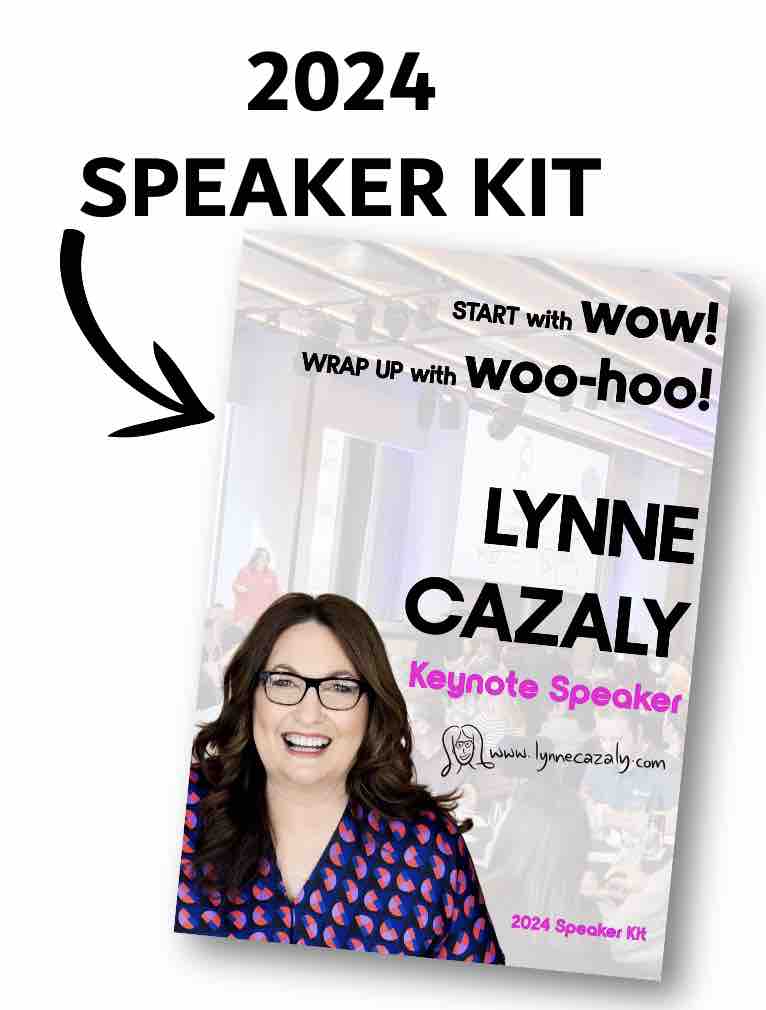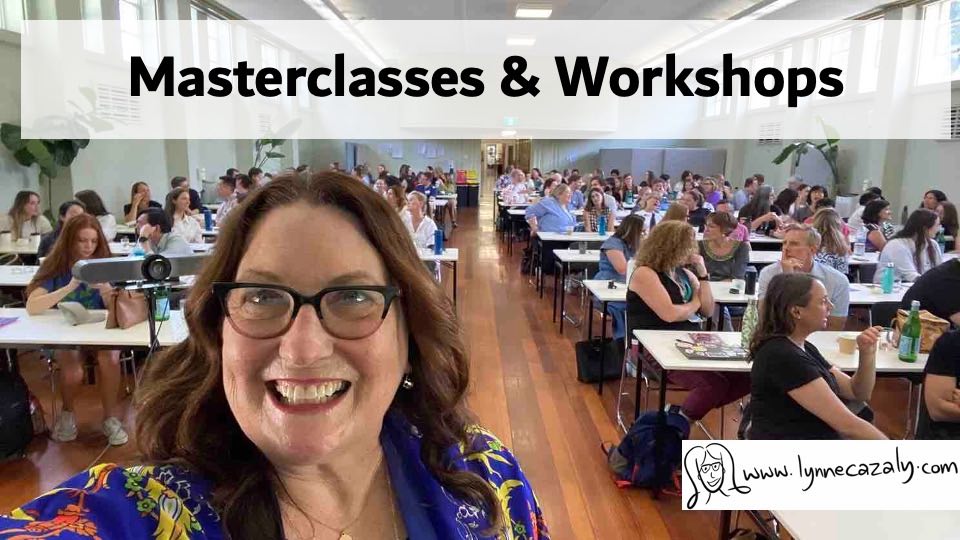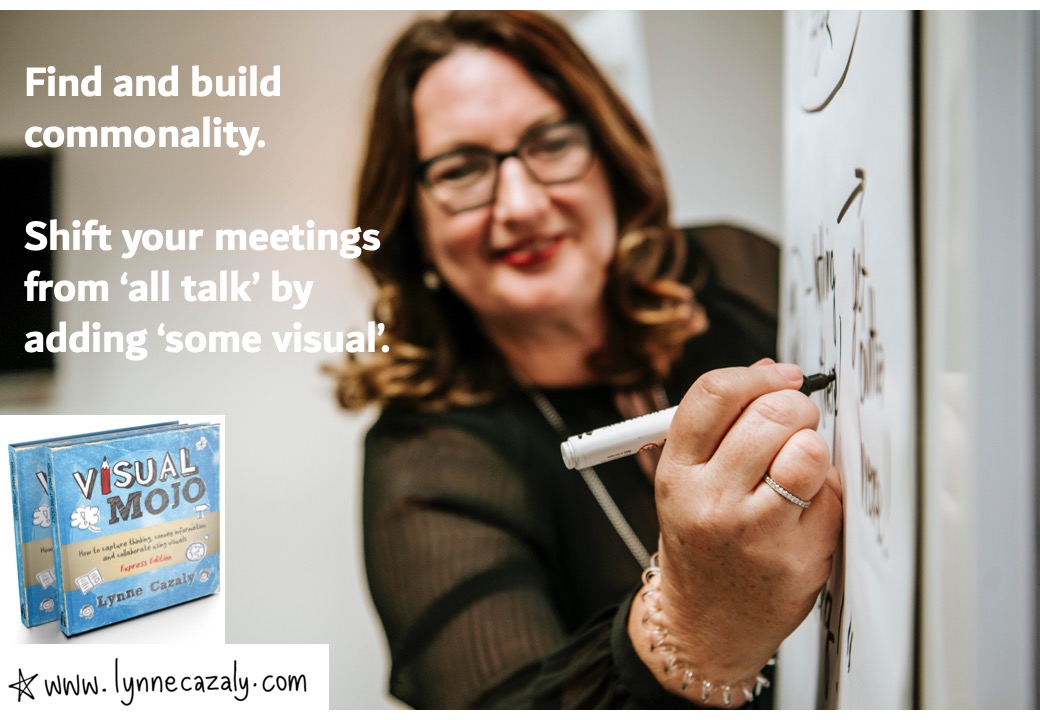Coping with information overload
 Saturday, February 22, 2020 at 12:12PM
Saturday, February 22, 2020 at 12:12PM  A Time Inc article suggests modern psychologists and neurologists have found more reasons why we dream. Using PET scans and MRI imaging they’ve discovered what our brain is trying to do - after a full day’s work of overwhelming meetings and information dumps.
A Time Inc article suggests modern psychologists and neurologists have found more reasons why we dream. Using PET scans and MRI imaging they’ve discovered what our brain is trying to do - after a full day’s work of overwhelming meetings and information dumps.
While we’re asleep, dreaming is the brain’s way of deleting or ‘dumping excess data’. Our brain is kind of taking out the trash, but it’s also ‘consolidating important information’.
The categorizing, sorting and processing that's going on in dreaming is epic!
So how in our waking hours could we also DUMP the meaningless and CACHE the valuable stuff?
If we’re doing it automatically, unconsciously while we sleep, imagine if we did more of this while we're awake and working, collaborating and problem solving. Imagine our performance lift!
I’m not suggesting you nod off right now, trying to make sense of that meeting you were just in, but hey, some businesses do support power napping!
Rather, try using my 'CCC' technique:
- Categorize
- Consolidate and then
- Clear ... throughout the day. I
t's a much smarter way to work when overloaded. Why wait until bed time.

















